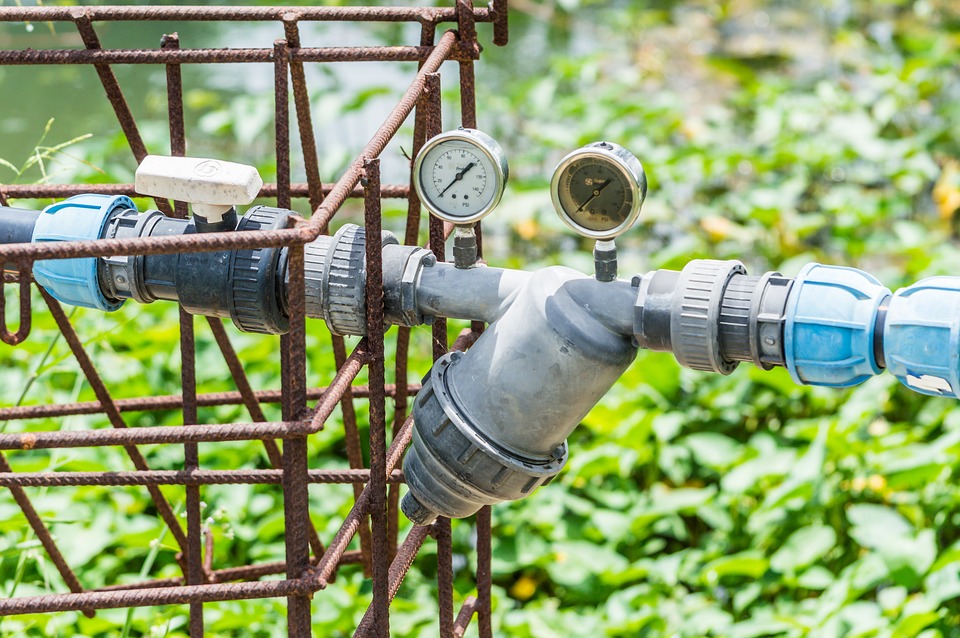Introduction:
Living off the grid has taught me the importance of sustainable agriculture and the impact it can have on our environment. As someone who loves sustainable farming and gardening, I am passionate about spreading the knowledge and practices that can help create a greener future. Sustainable agriculture is not just a trend, but a vital part of our planet’s health and our own well-being. In this article, I will share the key principles and practices of sustainable agriculture to help you take steps towards a more sustainable and eco-friendly lifestyle.
Key Principles of Sustainable Agriculture:
Sustainable agriculture is based on several key principles that focus on preserving and enhancing the environment, promoting public health, and ensuring economic viability for farmers. These principles include biodiversity, soil health, water conservation, and animal welfare. By applying these principles, sustainable agriculture aims to protect and enhance local and global ecosystems, reduce the use of harmful chemicals, and promote a healthier and more sustainable food system.
Biodiversity is a fundamental principle of sustainable agriculture, as it supports healthy ecosystems and promotes resilience to environmental changes. By planting a variety of crops, farmers can reduce the risk of crop failure and pests, as well as provide habitats for beneficial insects and wildlife. Crop rotation, cover cropping, and intercropping are methods commonly used to promote biodiversity and enhance soil fertility.
Soil health is another crucial aspect of sustainable agriculture, as healthy soil is the foundation for growing healthy crops. By using methods such as minimal tillage, composting, and crop diversification, farmers can improve soil structure, increase nutrient availability, and reduce erosion. Healthy soil also plays a vital role in carbon sequestration, helping to mitigate climate change by storing carbon dioxide from the atmosphere.
Water conservation is essential in sustainable agriculture, as water is a precious and limited resource. By implementing practices like drip irrigation, rainwater harvesting, and water-efficient crop choices, farmers can reduce water usage and minimize the impact on local water systems. Additionally, the use of water-saving technologies and practices can help to maintain healthy water levels in rivers and streams, supporting aquatic ecosystems and wildlife.
Animal welfare is an important aspect of sustainable agriculture, as it emphasizes the ethical treatment of animals and the promotion of sustainable animal husbandry practices. By providing proper living conditions, access to pasture, and a natural diet, farmers can ensure the well-being of their animals while minimizing the environmental impact of animal farming. This principle also extends to the use of alternative protein sources, such as plant-based proteins, to reduce the reliance on animal products in the food system.
Practices for a Greener Future:
In addition to the key principles of sustainable agriculture, there are several practical practices that can be implemented to create a more sustainable and eco-friendly farming and gardening system. These practices include organic farming, agroforestry, permaculture, and regenerative agriculture.
Organic farming promotes the use of natural inputs and biological pest control methods to minimize the use of synthetic chemicals and fertilizers. By avoiding harmful substances, organic farming helps to protect soil and water quality, reduce greenhouse gas emissions, and promote healthier and safer food production.
Agroforestry integrates trees, shrubs, and crops in a sustainable and productive system, providing multiple benefits such as shade, windbreaks, and biodiversity. This practice helps to improve soil fertility, enhance water retention, and sequester carbon, while also providing valuable resources such as timber, fruits, and nuts.
Permaculture is a design system that mimics natural ecosystems to create sustainable and self-sufficient human habitats. By utilizing principles such as observation, diversity, and integration, permaculture aims to create resilient and productive agricultural systems that require minimal inputs and maintenance, while maximizing resource use and regeneration.
Regenerative agriculture focuses on rebuilding and restoring healthy soils, diverse ecosystems, and carbon sequestration to mitigate climate change and improve agricultural productivity. By implementing practices such as cover cropping, no-till farming, and rotational grazing, regenerative agriculture aims to reverse the negative impacts of conventional farming and create regenerative landscapes that benefit both the environment and the community.
Pro Tips:
– Consider starting a small garden or farm in your backyard to practice sustainable agriculture principles on a smaller scale.
– Get involved in local community gardens and support sustainable agriculture initiatives in your area to connect with like-minded individuals and learn from their experiences.
– Educate yourself about sustainable agriculture through books, online resources, and workshops to expand your knowledge and skills in sustainable farming and gardening.
Conclusion:
Sustainable agriculture is a holistic and forward-thinking approach to food production that aims to create a greener, healthier, and more resilient future for our planet and our communities. By embracing the key principles and practices of sustainable agriculture, we can all play a part in promoting environmental stewardship, improving public health, and supporting local economies. Whether you’re a farmer, gardener, or simply a food enthusiast, there are many opportunities to incorporate sustainable agriculture into your daily life and contribute to a more sustainable and sustainable future for all.



